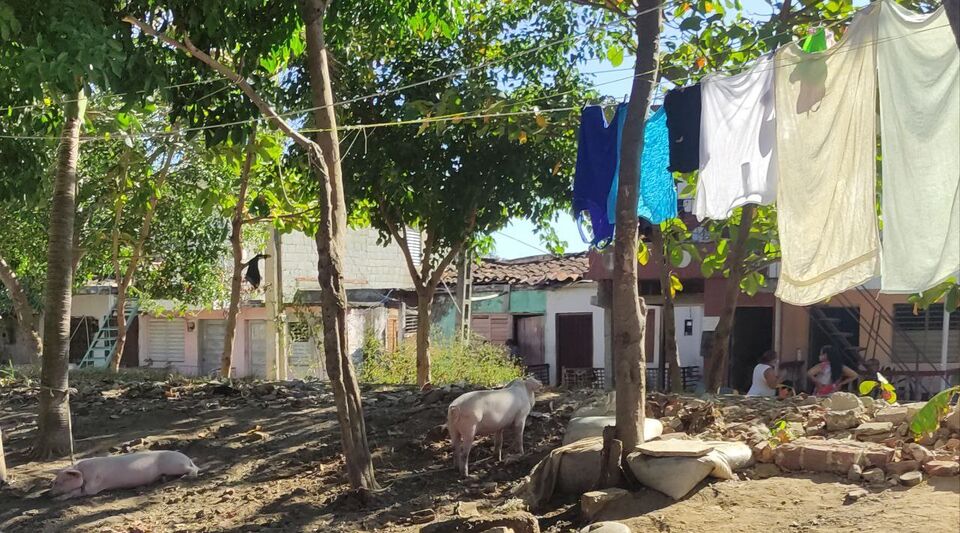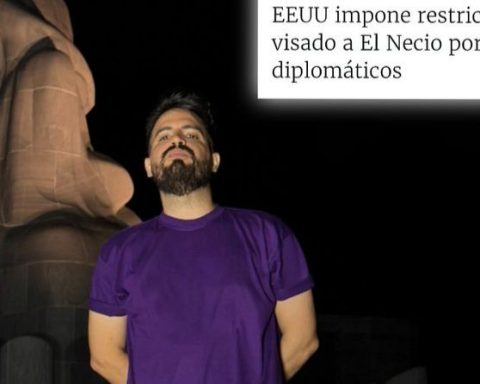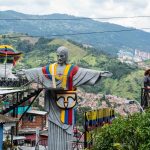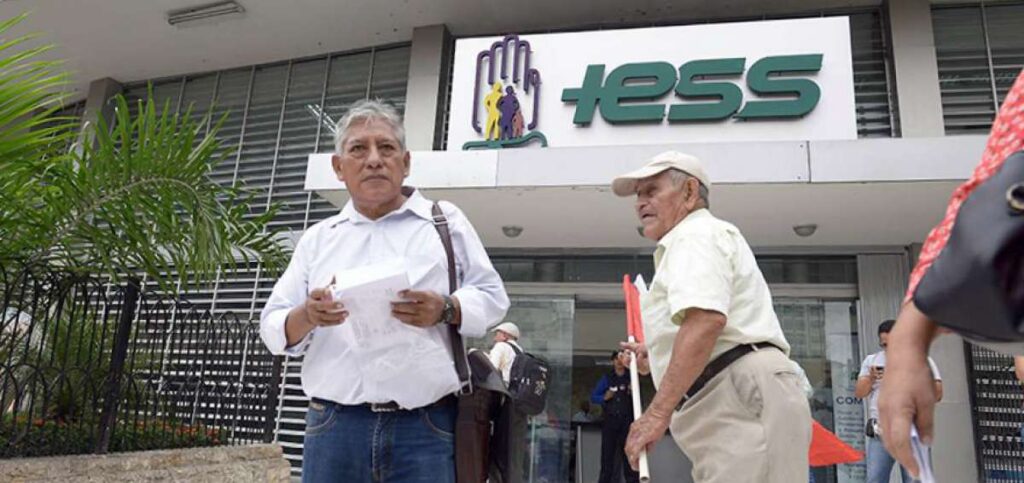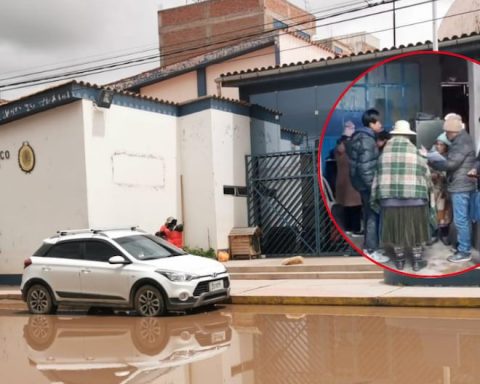The wave of robberies in Cuba it not only affects the cities but also the countryside, and the complaints multiply inside and outside the social networks. A family from Sancti Spíritus tells this newspaper how 50 quintals of black beans were recently stolen, valued at 6,500 pesos per quintal. It is the third time in a year that they suffer a robbery.
“The police came and did not take fingerprints, they did not do their job well,” he denounces 14ymedio Louis (not his real name) “The only thing they did was ask, if we heard something, if we suspected someone; they work with the information you give them, not with what they can look for.”
The thieves, says Luis, forced the door of the warehouse where they kept the beans, next to the house where they live, and the family did not feel anything. The next day they saw that the 50 quintals were missing. “One part was already sold and the other was to plant the next crop,” details the farmer.
“On another occasion they robbed us, they left evidence, hair, blood, and they didn’t take anyone, much less now”
The first time it happened to them, “they went into the house and took all the kitchen appliances and everything had to be fenced,” says Luis. The second, the fence did not stop the assailants, who took all the bags of fertilizer from fumigating the beans. “Only a farmer knows how difficult it is to achieve that,” he laments.
The peasant has no hope that the police will solve the case: “On another occasion they robbed us, they left evidence, hair, blood, and they didn’t catch anyone, much less now.”
Luis hides his name and his place of origin because he fears reprisals from the government. “My family does not agree with the complaint being made, because the State wanted the peasants to sell them their crops this year despite the fact that they did not support them with anything, they did not sell them a pair of boots, not even fertilizer,” Explain. “With electricity prices so high to be able to use the electric turbines, most of them did not sell anything to the State or pay taxes.” If the complaint is made public, he is suspicious, “they can put their eyes on us and see that we do not fulfill the commitments with the State, although almost nobody did.”
But there are not only robberies in the rural areas of the Island. Another unusual crime is the kidnapping of animals. “They kidnap the animal and then call the owner to tell him that if he wants the animal back they have to pay,” says Antonio, another farmer from Sancti Spíritus. “They have already done it with cows and horses.”
For Manso, 78, a producer in Villa Clara, the wave of robberies “is nothing new.” Every year he and his family face the looting of part of their crops, cultivated fields or infrastructure. “They even take the wire from the fences, so you can’t because one day you think your fields are guarded and when you get up there’s no fence.”
Manso has been robbed of barbed wire, sticks, seeds and animals. One day, the thieves came closer and carried an iron pot that had been in the family for three generations.
Manso has been robbed of barbed wire, sticks, seeds and animals. One day, the thieves came closer and carried an iron pot that had been in the family for three generations. “It was not a small thing, in that pot we used to make ajiaco as well as prepare soaps with mutton bait.”
Animals, especially sheep, horses and cows, are targeted by looters. To the point that ranchers have to organize night guard shifts and have improvised firearms from metal pipes. Owning an old rifle, in a country where they have not been sold for more than half a century, can make a difference.
“This rifle belonged to my father and I keep it, you have to improvise a lot for it to shoot but the best thing is that it intimidates, here in this area everyone knows that we are armed and they respect us a little more,” a producer told this newspaper. agricultural area of San Juan and Martínez.
The peasant, who dedicates a good part of his land to the tobacco harvest, also has a plot destined for root vegetables and beans. “The things that are stolen the most in this part are tools, animals and everything they find. If you leave a mount outside, they steal the mount; if you happen to go to bed with clothes on the clothesline, they also take them away.”
“Here for stealing, a few days ago they took a pair of wellies that belonged to me and that were all broken, they took my son several sacks with seeds that he had to plant and even the dog’s collar one day they took and they didn’t we know how it was because he barks at the sight of people he doesn’t know.”
“Here you can no longer sleep a full night, there always has to be someone watching,” acknowledges the producer. “We have to keep an eye on the old tractor all the time because they steal your oil and when you get up, the tank is empty and the tires or tires are stolen to use to leave the country.”
A Catholic priest, who lives in the countryside, reflects on the pain caused by looting: “They steal anything that represents the center of a family’s life, even coal, some rice, a piece of wire.” And there is no authority to protect the peasants.
________________________
Collaborate with our work:
The team of 14ymedio is committed to doing serious journalism that reflects the reality of deep Cuba. Thank you for joining us on this long road. We invite you to continue supporting us, but this time becoming a member of our journal. Together we can continue transforming journalism in Cuba.
